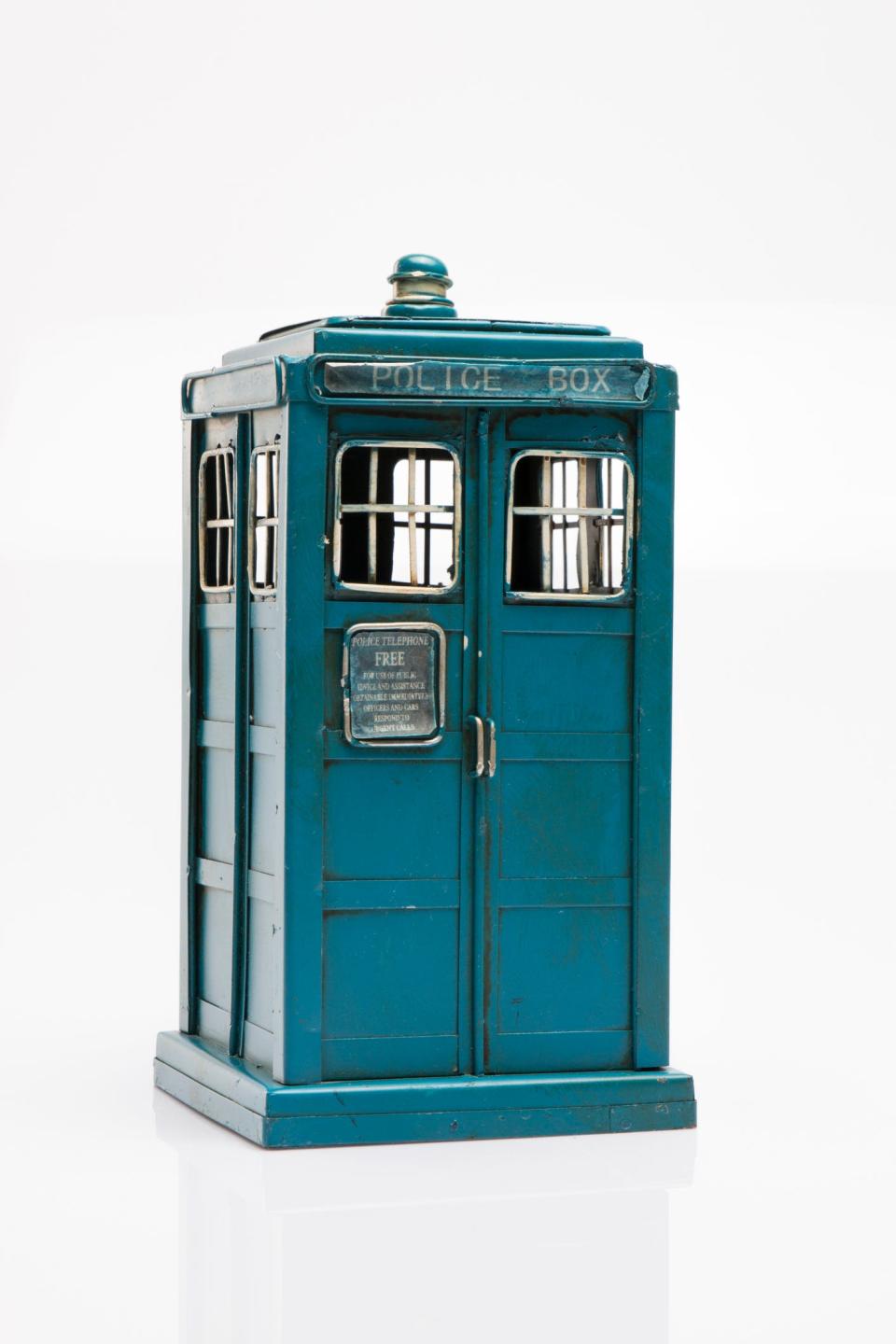5 novel ways to use your health savings account: Invest, reimburse yourself for old expenses, more
Health savings accounts were created in 2003 so that individuals covered by high-deductible health plans could, according to the federal government, receive tax-preferred treatment of money saved for medical expenses.
And yet 18 years later, many people don't make the most of these accounts. Let's fix that. Here are some of the lesser-known but important ways to use your HSA:
1. Invest the money in your HSA
Very few account owners invest their HSA balance in investments other than cash despite the tax-saving possibilities, according to the Employee Benefit Research Institute. In 2019, for instance, just 7% had investments other than cash.
So, when might it make sense to invest the balance in your HSA in investments?
“If someone plans to use the funds in their HSA for medical expenses after retirement, it makes sense to invest funds as if they were retirement funds such as with mutual funds,” says Joseph Stenken, a qualified plan counsel at McHenry Advisers.
Many HSA custodians, he says, provide for investment options in the same way IRA custodians do. “In fact, any organization that is approved by the IRS as an IRA custodian is automatically approved to be an HSA custodian,” said Stenken.
The key to this strategy, however, is having enough sufficient financial resources to cover current medical expenses, according to Keith Whitcomb, the director of analytics at Perspective Partners.
2. Pay for Medicare Part B, D and Medicare Advantage

You can also use the money in your HSA to pay income-tax-free for Medicare Part B, Part D and Medicare Advantage premiums as well as long-term care expenses, including home health aides.
“Generally, insurance premiums are not qualified medical expenses,” said Stenken. “But there is an exception to this in that premiums for COBRA coverage, qualified long-term care coverage, health care premiums while receiving unemployment benefits and Medicare premiums.”
There is, however, an exception to the exception: Payments for Medigap policies are not qualified medical expenses.
Now just because something is not a qualified medical expense doesn't mean that funds from an HSA cannot be used to pay it, said Stenken. “These funds will just be subject to ordinary income taxation like funds from an IRA or qualified plan would be,” he said.
“And for HSA owners older than 65 there would not be the 20% early distribution penalty.”
Once a person reaches age 65, however, an HSA and IRA are, in some ways, interchangeable, says Stenken. “The advantage of the HSA is that using HSA funds for qualified medical expenses, including Medicare and long-term care premiums, results in no income tax.”
3. Save those receipts

Years from now, you could use the money in your HSA to pay for qualified health care expenses you already paid out of pocket, according to Brian Bruggeman, director of financial planning at Baker Boyer.
Why so? An HSA can be used to address any qualified health expenses incurred while the account is open, at any time, according to Bruggeman.
So, for example, let’s say you’ve been contributing to an HSA for the past 10 years and you now have $50,000 in that account. And let’s say you’ve paid $20,000 out of pocket in qualified health care expenses over the past 10 years.
Well, guess what?
Provided you have the receipts, you can take a tax-free distribution from your HSA to pay those expenses, according to Bruggeman.
One caveat: You can only use the money in the HSA to pay for qualified health care expenses incurred after the HSA was established. Using the HSA to pay for qualified health care expenses incurred prior to the HSA being created isn’t allowed.
What’s more, once you reach age 65, distributions from the HSA that are not used for health care expenses are taxed as ordinary income, similar to IRA distributions.
4. Roll it on over

Once in your lifetime, you can roll money in your IRA into an HSA using what’s called a qualified health funding distribution. It is a tax-free transfer of funds from an IRA to an HSA, according to Sarah Brenner, an IRA expert with Ed Slott & Co.
These transactions are, however, subject to some restrictions. The rollover can be done only once in a lifetime; it’s restricted to taxable funds in the IRA and the distribution is limited to an individual's HSA contribution limit for the year, according to Brenner.
5. Not covered by a high-deductible health plan?

HSA owners can take tax-free distributions from their HSA for medical expenses of a spouse or child even if they not covered by the high-deductible plan, says Brenner. “They might have traditional insurance, and this would still be allowed.”
Robert Powell, CFP, is the editor of TheStreet’s Retirement Daily and contributes regularly to USA TODAY. Got questions about money? Email Bob at rpowell@allthingsretirement.com. The views and opinions expressed in this column are the author’s and do not necessarily reflect those of USA TODAY.
This article originally appeared on USA TODAY: Health savings accounts: 5 ways to use your HSA including investing

 Yahoo Movies
Yahoo Movies 